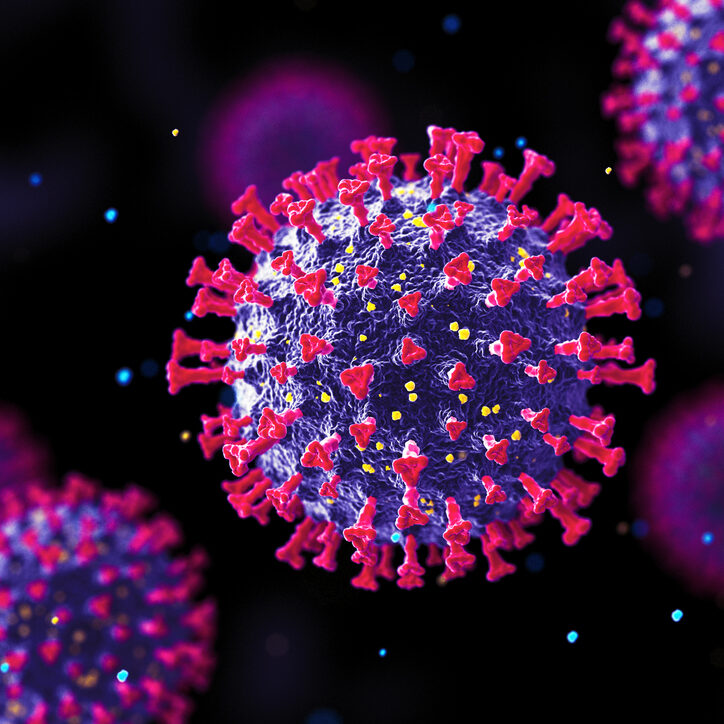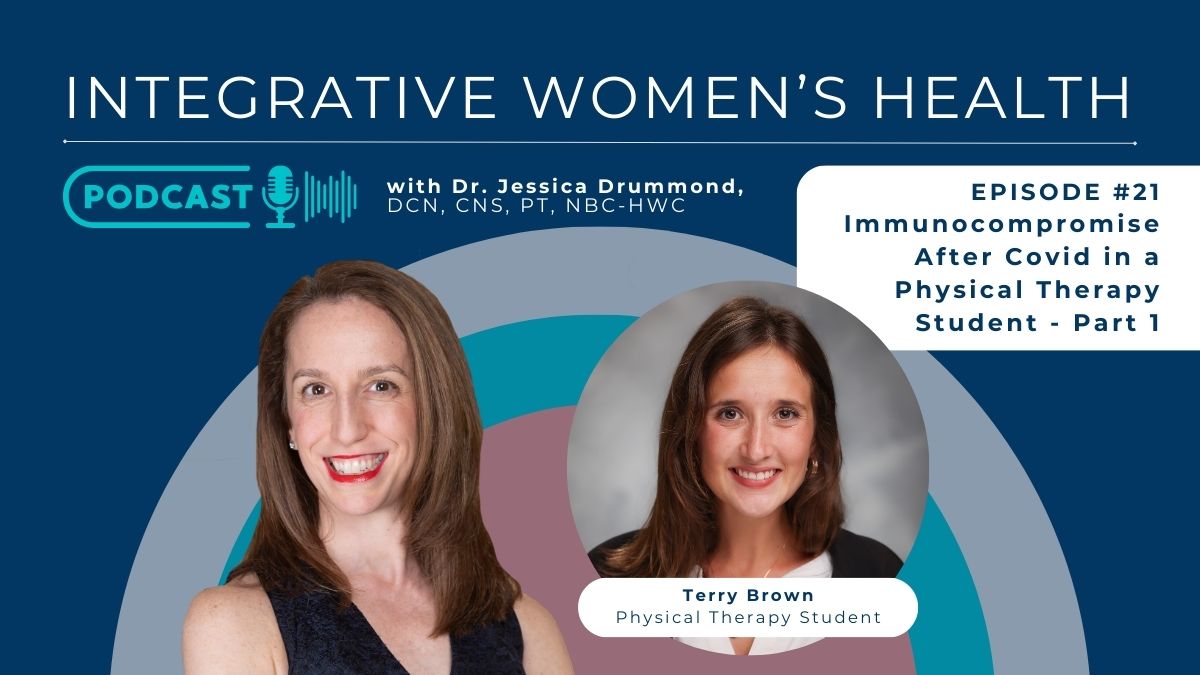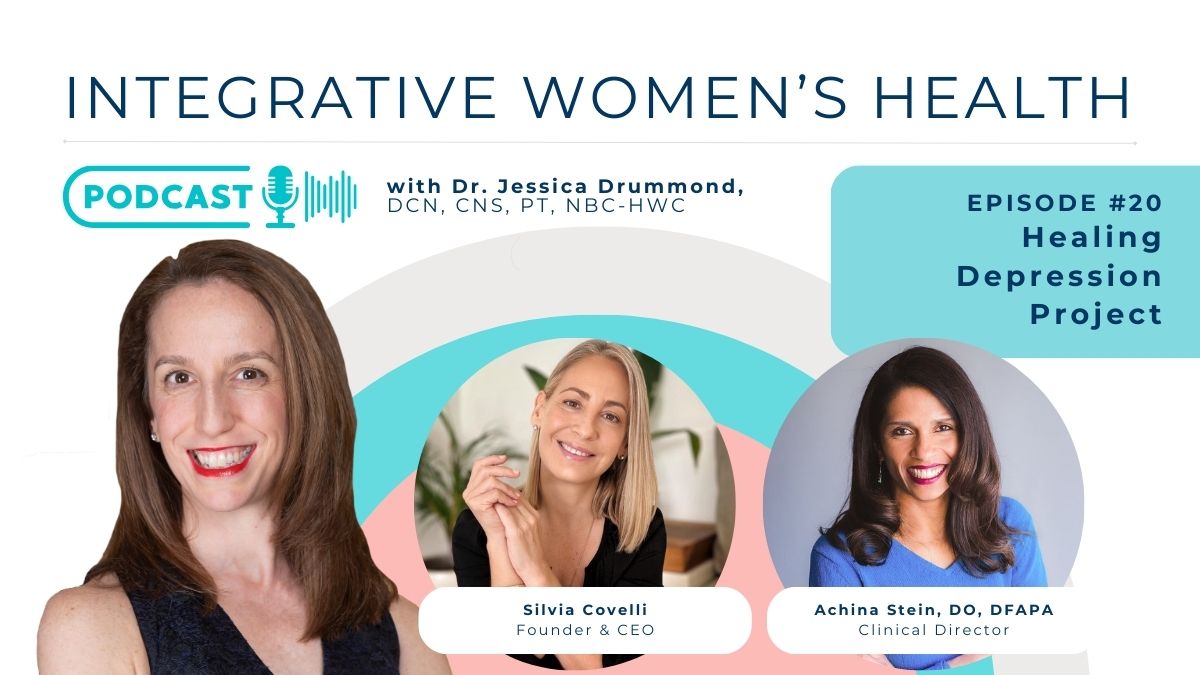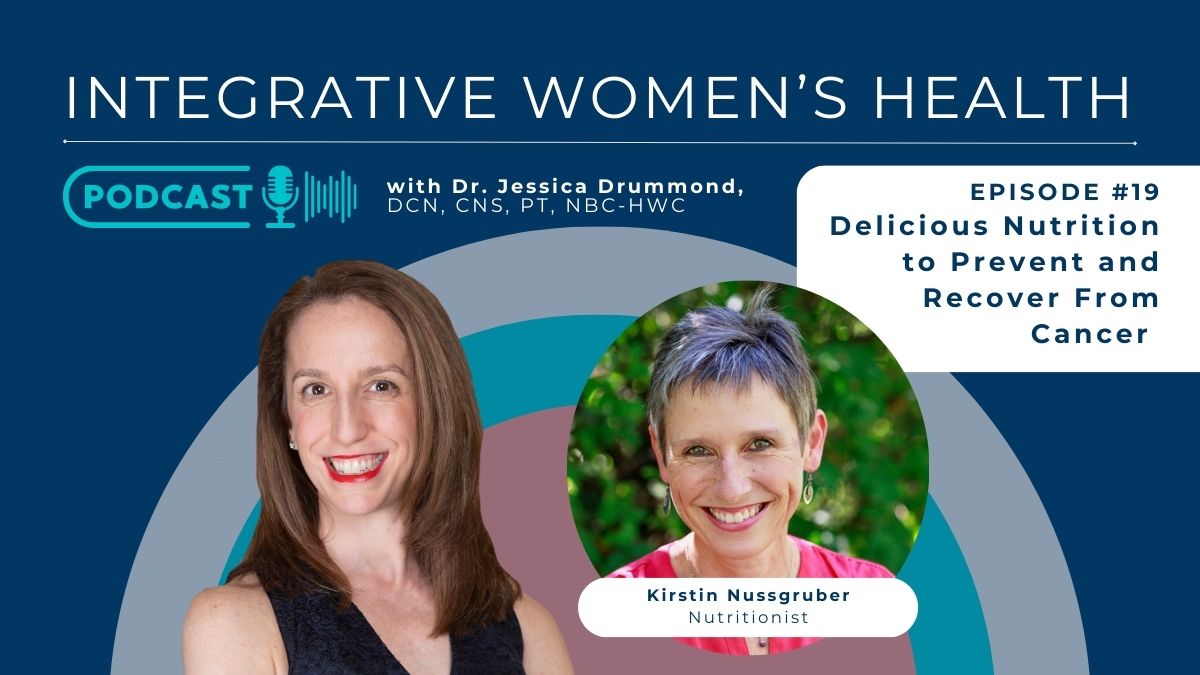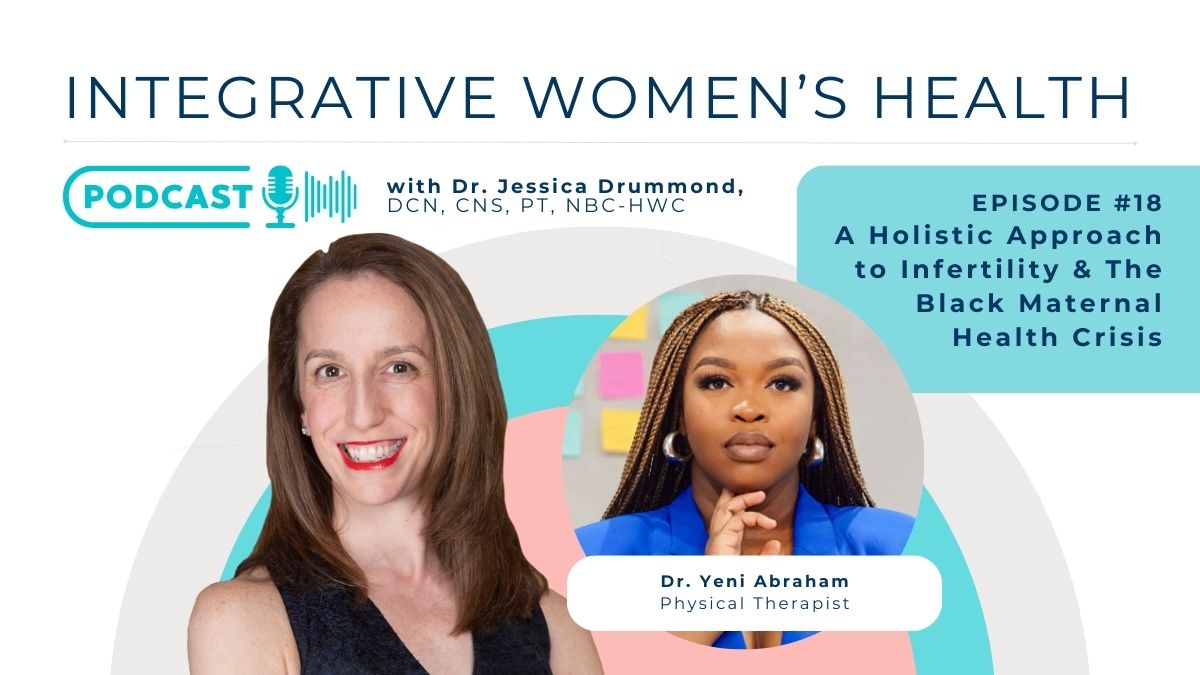For a woman over 35 who has been told she has “old eggs,” can egg quality be improved for IVF or natural conception?
In my practice, women over 40 (or even younger!) who are struggling to conceive are often told by their physicians that they have “old eggs.”
What does that mean? And, are there fertility strategies to improve egg quality?
First of all, it’s always important to have perspective. Women have been healthfully giving birth into their early and mid-40’s for generations. When a woman struggles with the belief that she is too old to conceive (which may actually be the belief of her healthcare professional), that belief may have an real impact on her ability to conceive.
Belief is important.
Science is also important.
Certain lab tests can give us information about the pool of oocytes that are left. All female babies are born with approximately 2 million oocytes. The number of oocytes declines through the lifespan.
Anti-mullerian hormone (AMH) is made in very small oocyte follicles in the preantral and small antral stages (less than 4mm diameter) of development. As the follicles grow, AMH production stops. Thus, a measurement of AMH level can give a general idea of a woman’s ovarian reserve.
The levels are a bit arbitrarily divided in terms of the impact of the test results.
- High (which is often an indication of PCOS, not “super fertility”) is an AMH level over 3.0 ng/ml.
- Normal is an AMH level over 1.0 ng/ml.
- Low/ Low normal is 0.3-0.9 ng/ml.
- A very low AMH level is less than 0.3 mg/ml.
Thus, if you are over 40 with an AMH level of 0.3 or less, it may be difficult for you to conceive. However, it only takes one fertilized oocyte, so egg health (referred to as “quality”) is potentially more important to consider than quantity.
How can egg health (quality) be measured?
If a client’s eggs are healthy and her ovarian reserve is good, does she need to make any changes to her diet or lifestyle. The short answer is, No.
But, I always like to help my clients support their optimal fertility health and preconception health (even if they are not having fertility difficulties.) A healthier mother will have an easier pregnancy and her baby will be healthier even into adulthood.
Do you want to strengthen your nutrition skills to better support your clients who are struggling with infertility and want to optimize their preconception health? Click here to learn more.
Fertility Strategies to Improve Egg Quality for IVF or Natural Conception
- Supplement with coQ10. The decline of oocyte function occurs with maternal aging. Thus, studies have been done looking at how adding mitochrondrial support can impact ovulation rates and oocyte health. In a mouse model of advanced maternal age, ovarian reserve was significantly higher in the mice supplemented with CoQ10 for a period of 12-15 weeks (Ben-Meir et al., 2015). The mice with added coQ10 to their diets displayed a significantly higher number of resting primordial and growing secondary follicles. A human study also showed a trend towards less chromosomal damage in women undergoing IVF when they added 600mg of coQ10 (Bentov et al., 2014). However, the pregnancy rate was not significantly different in the coQ10 group vs. the placebo group in the human study.
- Supplement with N-acetyl-cysteine (NAC).In an Egyptian study of 80 women with a history of recurrent unexplained pregnancy loss, those given 600mg of NAC + 500 micrograms of folic acid (I recommend methylfolate in pregnancy) had a significantly increased rate of continuation of a living pregnancy beyond 20 weeks and a significant increase in the take-home baby rate compared with those women who only supplemented with folate (Amin et al., 2008.)
What other fertility strategies can support oocyte mitochondrial health in women who are trying to conceive?
- Low carbohydrate (even ketogenic in some cases) diet.
- Supplement with L-carnitine.
- Anti-inflammatory diet and lifestyle.
Do you want to strengthen your nutrition skills to better support your clients who are struggling with infertility and want to optimize their preconception health? Click here to learn more.
References:
Amin AF, Shaaban OM, & Bediawy MA. (2008) N-acetyl cysteine for treatment of recurrent unexplained pregnancy loss. Reprod Biomed Online, 17(5), 722-6.
Ben-Meir, A., Burstein, E., Borrego-Alvarez, A., Chong, J., Wong, E., Yavorska, T., … Jurisicova, A. (2015). Coenzyme Q10 restores oocyte mitochondrial function and fertility during reproductive aging. Aging Cell, 14(5), 887–895. http://doi.org/10.1111/acel.12368
Bentov, Y., Hannam, T., Jurisicova, A., Esfandiari, N., & Casper, R. F. (2014). Coenzyme Q10 Supplementation and Oocyte Aneuploidy in Women Undergoing IVF–ICSI Treatment. Clinical Medicine Insights. Reproductive Health, 8, 31–36. http://doi.org/10.4137/CMRH.S14681
Ismail AM, Hamed AH, Saso S, Thabet HH. (2014) Adding L-carnitine to clomiphene resistant PCOS women improves the quality of ovulation and the pregnancy rate. A randomized clinical trial. Eur J Obstet Gynecol Reprod Biol,180,148-52. doi: 10.1016/j.ejogrb.2014.06.008. Epub 2014 Jun 23.
Vidali S, Aminzadeh S, Lambert B, Rutherford T, Sperl W, Kofler B, & Feichtinger RG. (2015) Mitochondria: The ketogenic diet–A metabolism-based therapy. Int J Biochem Cell Bio, 63, 55-9, doi: 10.1016/j.biocel.2015.01.022.

